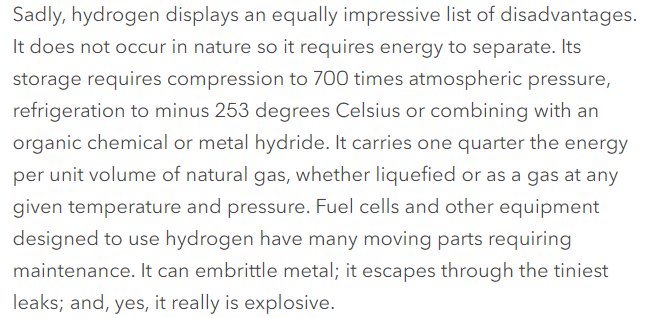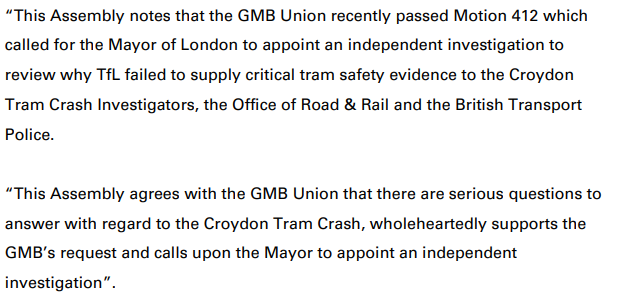
On the surface, hydrogen looks like the answer to every energy question. Sadly, it displays an impressive list of disadvantages. Even so, it holds a vice-like grip over the imaginations of techno-optimists. Part I of my deep dive into #hydrogen: supply. about.bnef.com/blog/liebreich… 



Jeremy Rifkin captured the millennial zeitgeist in his book "The Hydrogen Economy: The Creation of the Worldwide Energy Web and the Redistribution of Power on Earth". This was not hydrogen as engineering solution so much as hydrogen as liberation theology.
about.bnef.com/blog/liebreich…
about.bnef.com/blog/liebreich…
Instead of a miraculous ability to redistribute power to the people, one of the main properties of #hydrogen turned out to be relieving its backers of their wealth.
about.bnef.com/blog/liebreich…
about.bnef.com/blog/liebreich…
The EU Green Deal and Covid recovery budget have at their heart the EU Hydrogen Strategy, a plan to invest €320 billion to €458 billion ($380 to $550 billion) by 2030 in the supply and distribution of green #hydrogen competitive with grey (fossil).
about.bnef.com/blog/liebreich…
about.bnef.com/blog/liebreich…
Will massive wall of money which is about to break over the hydrogen supply side, work? Sort of. Europe will have cheap green hydrogen, but much of it imported, and much of the rest probably not based on European electrolyzers or European renewable power. about.bnef.com/blog/liebreich… 

Next week, Part II - demand. Where on earth is all this cheap green hydrogen meant to go? You won't want to miss it...
Oh, I almost forgot: "#Nuclear power has two great advantages over renewables for industrial processes like hydrogen production: it likes to run 24/7, and it produces waste heat which can be used. Whether those advantages are enough, remains to be tested."
about.bnef.com/blog/liebreich…
about.bnef.com/blog/liebreich…
Also: "One final zero-carbon hydrogen concept that is worth mentioning is the elegant 'thermal hydrogen' approach proposed by @Jared_TH2". Burn natural gas in oxygen, produced as a by-product from electrolysis powered by an Allam Cycle, with pure CO2 as exhaust. Elegantissimo! 

• • •
Missing some Tweet in this thread? You can try to
force a refresh



